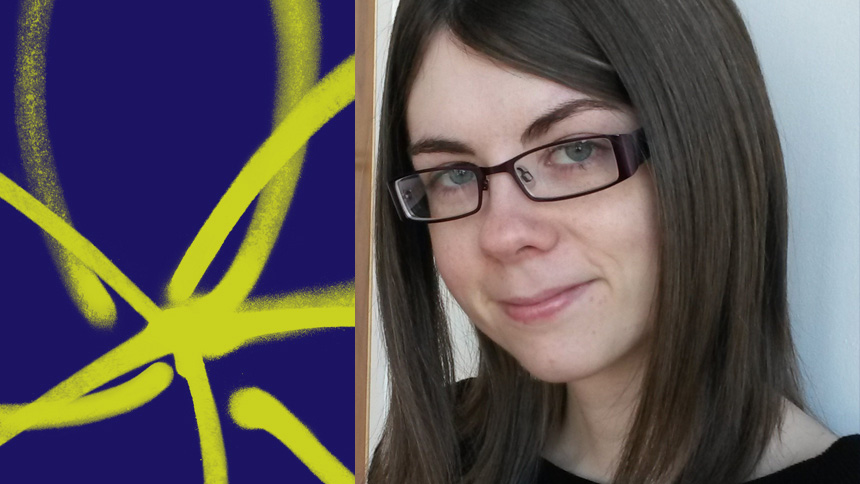Meet the researcher: Sarah Ryan
Meet Sarah Ryan, Alzheimer’s Society Junior Fellow at the University of Manchester.
Favourite things?
- Book – Can I cheat and count the whole of Terry Pratchett’s Discworld series as one?
- Way to spend time – Hiking in the Peak District.
- Memory – Family holidays in Cornwall when I was little.

Why dementia research?
I remember learning how brain cells talk to each other when I was a young teen.
I realised then that everything that makes us who we are – our thoughts, feelings, memories, personalities and language – is all the result of electrical and chemical activity inside our brains, and this completely blew my mind.
I decided to study neuroscience at university so I could learn more about these processes, and was particularly interested in what happens when they go wrong.
That led me to study dementia, where these all-important aspects of our identities are affected because of a disease that physically damages the brain.
How has Alzheimer’s Society supported your work?
I’m incredibly grateful to Alzheimer’s Society for investing in me as a Research Fellow. This means the charity funds my work, paying my salary and costs associated with laboratory-based research, for a three-year period. It would not be possible for me to carry out my research without this support.
What are you currently working on?
I work on a type of dementia called frontotemporal dementia, or FTD for short. FTD is one of the most common causes of dementia in younger people, and typically affects people in their 50s.
In many cases, the disease is caused by a genetic error which can either happen spontaneously or be passed down in families.
I use cells grown in a dish to mimic what happens inside the brain of someone with FTD, and try to understand how a faulty gene stops brain cells from working properly.
What difference do you hope this will make?
My aim is to really understand what’s going wrong inside the brain cells of someone with FTD at the level of specific proteins and other molecules.
If we understand disease processes at this level, we can design new treatments to intervene and stop the disease from progressing.
I hope my research will one day lead to new treatments that will help people affected by FTD.
In what direction would you like to take your research in future?
I’m interested in looking at the role of the immune system in FTD. We can see clear signs of inflammation (a type of immune response) in the brains of people with FTD, which could contribute to the disease process. If so, it is possible that anti-inflammatory medicines might be useful to treat FTD – but more research is needed to investigate this.
Dementia research
Alzheimer’s Society funds research into the cause, cure, care and prevention of dementia. We are dedicated to defeating dementia through research.


